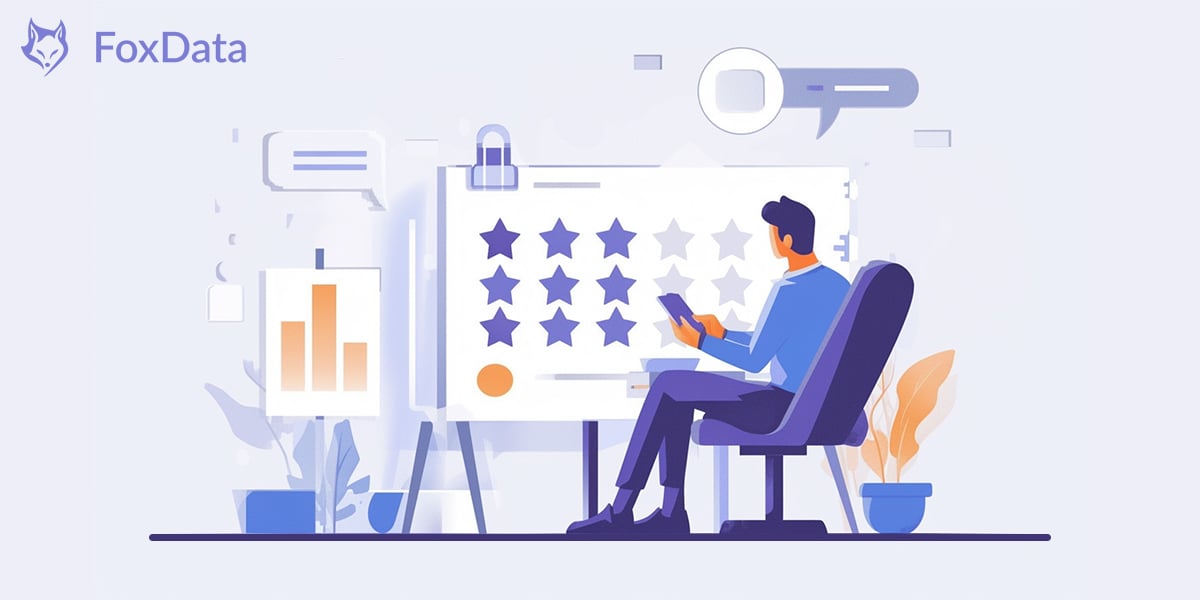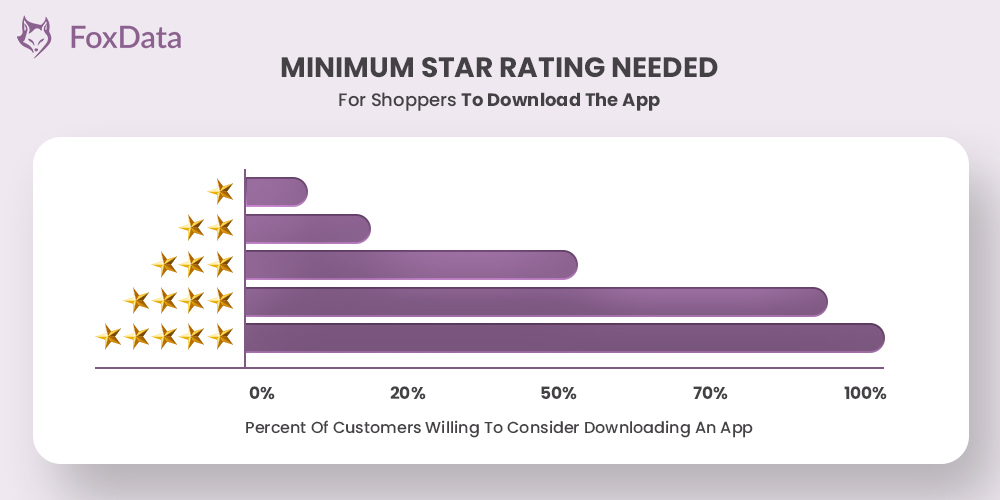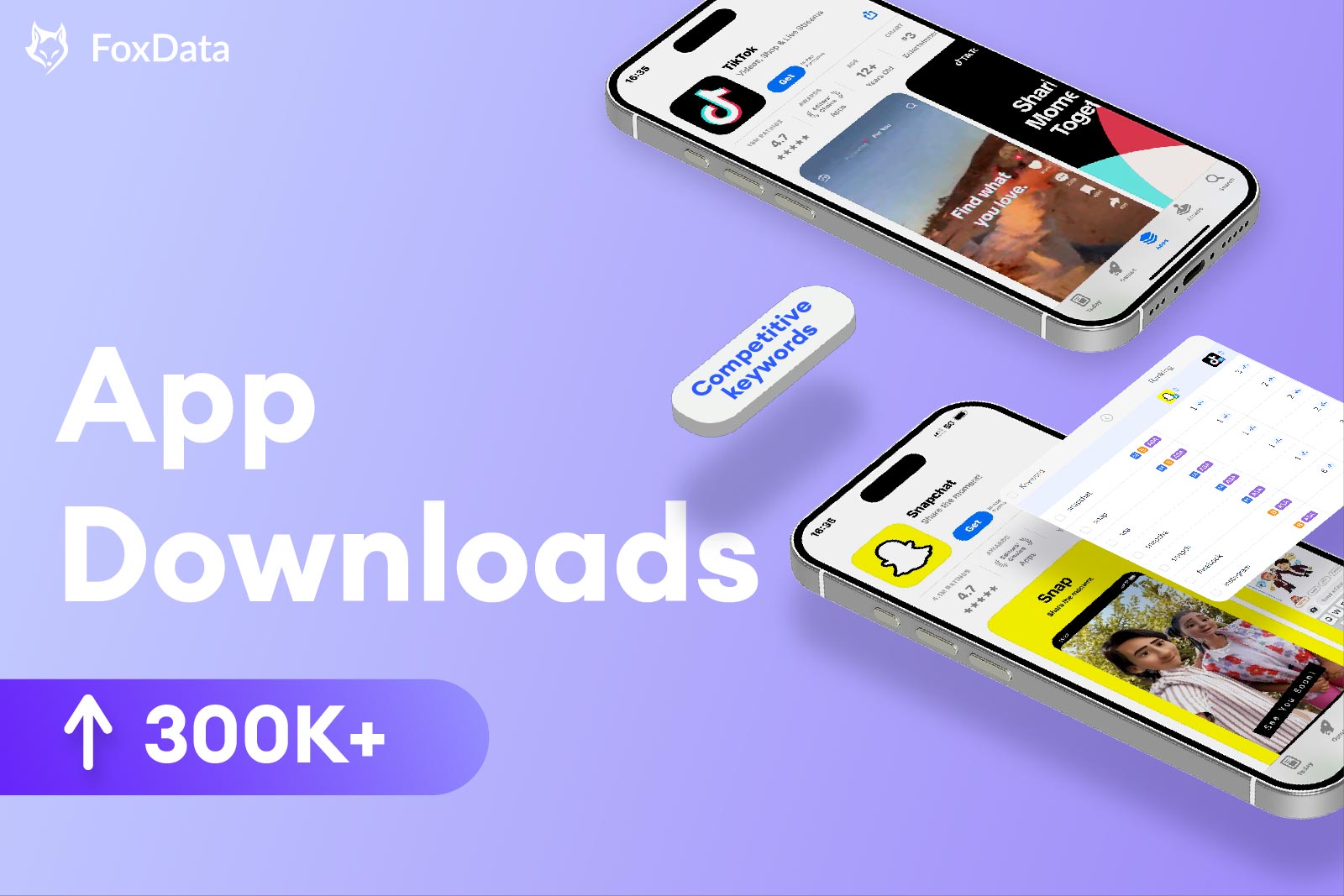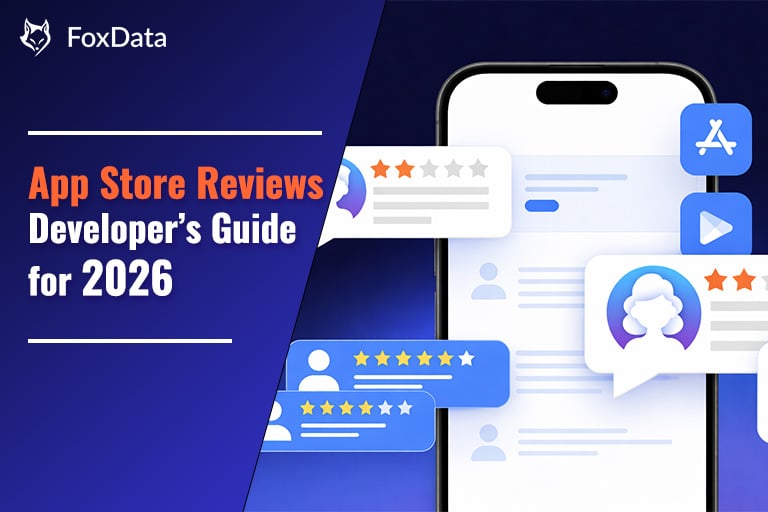How to Respond When Your App Rating is Low?

With the vast array of apps available on both the App Store and Google Play Store, users are presented with numerous choices. In such a competitive landscape, it is crucial for developers to design apps that not only attract but also retain users.
The rating of an app is a critical component of any user acquisition strategy because it often determines whether a user will choose to download the app.
👉Click here to learn about App Rating in details.
We will delve into the impact of a low app rating on App Store Optimization (ASO) and how to boost your app's rating.
👉Click here to learn about ASO in details.
What Causes a Low App Rating?
Identifying the reasons behind a low app rating is essential for determining which areas need enhancement and how to avoid repeating past mistakes. Here are several common causes of low app ratings:
Technical Issues
Users expect apps to operate smoothly and reliably. Frequent crashes, sluggish performance, or persistent bugs can greatly frustrate users, sometimes to the point of preventing app usage entirely. Such technical difficulties can diminish user trust and lead to negative ratings and reviews.Poor User Experience
Lack of Updates
Inadequate Customer Support

How Low App Rating Affect App Store Optimization (ASO)?
A low app rating significantly influences how your app is treated by the algorithms of the iOS App Store and Google Play Store. Negative reviews can restrict your mobile app's growth and negatively impact its performance on the app stores. Here are the key consequences of negative ratings on your App Store Optimization (ASO):
Decreased Visibility
Lower Conversion Rates
How to Boost Your App's Rating?
Now that you're aware of what leads to low app ratings and the consequences of receiving a 1-star review on platforms like the Play Store and App Store, it's crucial to proactively manage your app listing to avert potential issues. If your app is currently on a downward trend, here are effective measures to counteract negative ratings and reviews:
Resolve Technical Problems
A crucial element of App Store Optimization (ASO) is maintaining a high-quality app. Act swiftly to identify and resolve any technical issues, such as bugs, crashes, or compatibility problems. This proactive approach can prevent negative feedback, a common source of poor ratings.
Improve User Experience
Perform usability tests to pinpoint areas where your app's design and functionality can be enhanced. Understand user needs to tailor your app's features, layout, and content to meet current market demands, thereby elevating the overall user experience.
Interact with User Feedback
Make it a point to respond to user reviews and feedback across all communication platforms, from the app stores to social media channels. Addressing user concerns demonstrates your commitment to user satisfaction and helps build trust with both current and potential users. Feedback from your App Store and Play Store reviews can also offer crucial insights for app improvements.Encourage Positive Feedback
Motivate happy users to leave positive ratings and reviews by incorporating prompts within your app. A simple pop-up reminder for users to share their thoughts can be very effective. Consider offering incentives like exclusive content in exchange for their reviews to boost positive engagement.👉Related Blog: 6 Pro Tips to Manage Your App Store Reviews in 2024
Continuously Update Your App
Regularly release updates that introduce new features and improvements to keep the user experience fresh and engaging. Updates can range from seasonal content to major enhancements.👏 Expert Tips: Ensure that these additions are well-communicated through your app metadata, so potential users are aware of the benefits when they visit your listing.
Keep an Eye on Competitors
Monitor your competitors' ratings and reviews to gain additional insights into user preferences and pain points. Identify common criticisms in their reviews and learn from their mistakes to avoid similar issues in your app, enhancing your own app's growth and user satisfaction.👉Related Blog: A Comprehensive Guide to Mobile App Competitor Analysis in 2024
Now just join FoxData and embark on a business growth journey as we unveil a FREE App Data Analytics Tool, which boosts your downloads, increases your user base, and watches your performance soar to new heights!
Or do you want to find a professional team to increase your app's ratings? FoxData's sub-brand, FoxAdvert, tailors App Store Optimization services to fit your unique goals!







